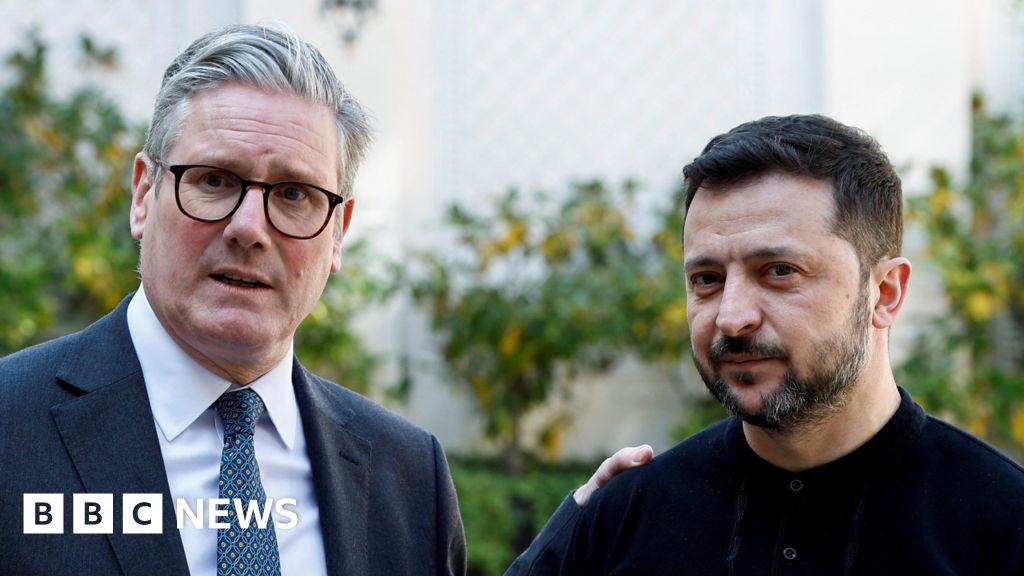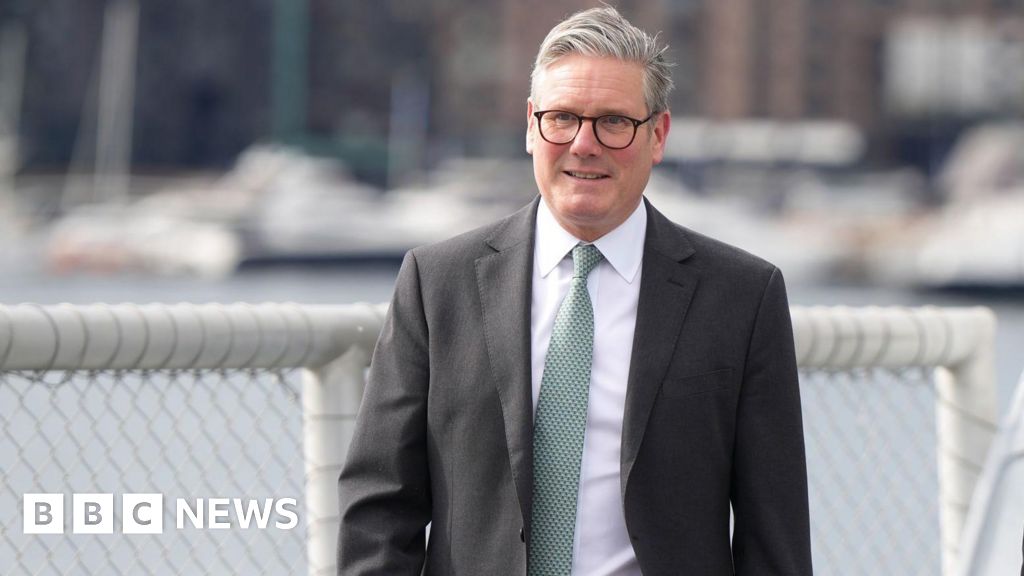ARTICLE AD BOX
Sharon Graham has been elected as the new leader of Unite, becoming the union's first female general secretary.
Ms Graham - who is backed by the Socialist Workers Party - takes over from Len McCluskey.
She saw off a challenge from his preferred choice as successor, Steve Turner, and forced rival Gerard Coyne, who was backed by the Labour leadership, into third place.
Labour leader Sir Keir Starmer has welcomed her appointment.
Ms Graham won the election after receiving 46,696 votes, with 41,833 for Steve Turner and 35,334 for Gerard Coyne.
She takes the helm of the Britain's largest union after a fierce battle between rival wings of the party.
Unite is the Labour Party's biggest trade union funder and, under Mr McCluskey, it strongly backed Jeremy Corbyn as Labour leader.
Mr McCluskey has been very critical of Sir Keir's tenure and has funded legal challenges to the party over suspensions and expulsions of some members.
Responding on Twitter, the Labour leader congratulated Ms Graham on becoming the first woman to hold the role.
He tweeted: "Congratulations to @UniteSharon on her election as General Secretary of Unite - the first ever woman to hold that role.
"I'm looking forward to working together to improve the lives of working people across the country."
Workers' Rights
Ms Graham was previously in charge of Unite's Organising and Leverage Department, where she led recent disputes at British Airways and Crossrail as well as campaigning to unionise Amazon.
She describes herself as the "workers' candidate" and has pledged to take Unite "back to the workplace" rather than becoming embroiled in internal political disputes with the Labour party.
Speaking about the election campaign, she said: "Unite members at the workplace want real change, not a settling of old scores or a Westminster rematch."
During the campaign, she told the BBC: "Unashamedly, I am talking about jobs, pay and conditions as the number one, number two and number three priorities of the organisation."

 3 years ago
188
3 years ago
188








 English (US) ·
English (US) ·